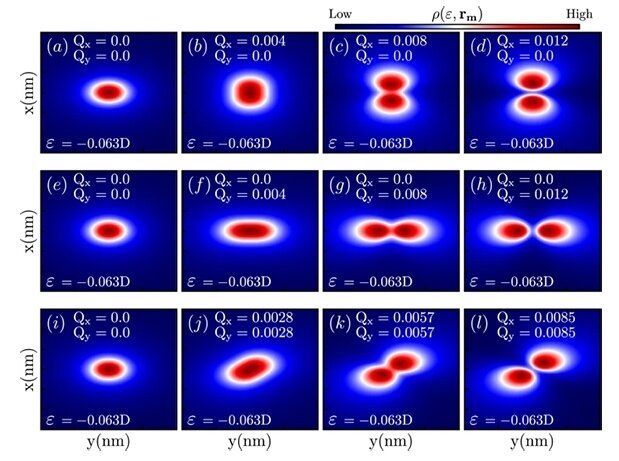In a study published in Scientific Reports, a group of researchers affiliated with São Paulo State University (UNESP) in Brazil describes an important theoretical finding that may contribute to the development of quantum computing and spintronics (spin electronics), an emerging technology that uses electron spin or angular momentum rather than electron charge to build faster, more efficient devices.
The study was supported by São Paulo Research Foundation—FAPESP. Its principal investigator was Antonio Carlos Seridonio, a professor in UNESP’s Department of Physics and Chemistry at Ilha Solteira, São Paulo State. His graduate students Yuri Marques, Willian Mizobata and Renan Oliveira also participated.
The researchers observed that molecules with the capacity to encode information are produced in systems called Weyl semimetals when time-reversal symmetry is broken.
